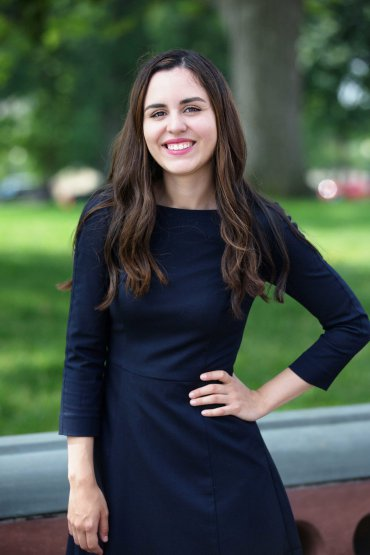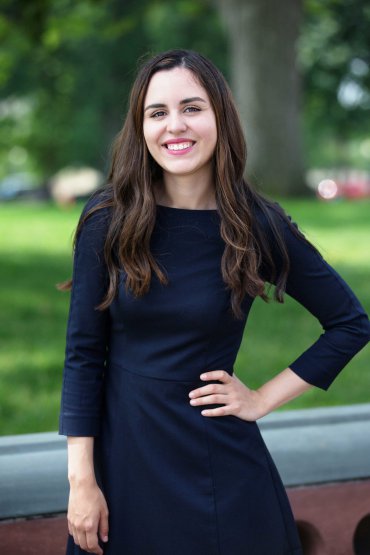
Alexis Arambul was just like any other high school kid growing up in the United States except most kids don’t attend five different high schools. Most high school kids haven’t been in foster care twice (or even once). And most high school kids don’t have to experience three different foster care placements in three years, only to get kicked out of the last one just a few weeks before high school graduation.
“It was, honestly, terrible,” she says of the experience, “I almost ended up homeless.”
Her first episode in foster care began when she was only 2 years old and led to an adoptive home that Alexis describes as “an abusive environment.” In and out of foster care, Alexis moved often, making it difficult to keep up in school or form friendships. “I also wasn’t able to do other things that kids who are able to stay in their school were able to do like extracurricular activities, after-school programs… I never really had time to make friends so I feel like I missed out on a lot of that because of how many placements I had,” she says.
But Alexis always valued education and took academic seriously, which gave her a focus. Describing those difficult years in the foster care system, Alexis reflects: “I feel like I was an exception… Even though I did make it and I did get good grades, that’s usually not the case for most foster kids who have multiple placements.”
She says that the social workers in charge of her future didn’t seem to understand her needs and didn’t seem to have properly researched placement options for her. When asked what would have truly made a difference for her time in foster care she specifically identifies her foster care placements. “I think maybe looking more into the houses that I was put into would have made my experience better… that’s pretty much the big thing.”
Unfortunately Alexis’ story is all too common – and foster care agencies know it. Faced with budget constraints, and high employee turnover, foster care agencies are left with few choices but to give their placement workers ever larger caseloads. Add to this the often very small window of time available to find a placement for a child – and the high stakes (for the child’s life) of making a bad placement – and you begin to understand the kind of stress that placement workers experience when trying to find the right home for the children in their care.
This summer Alexis, who is now a college student, was chosen to be part of the Foster Youth Internship Program® at the Congressional Coalition on Adoption Institute, a highly esteemed congressional internship program for young adults who spent time in the foster care system. During this program her work included time spent researching aspects of the foster care system to make recommendations to federal policymakers. Her research led her to ECAP, our foster care matching system, and the idea of using technology to better match the needs of children and foster families. After engaging with us about her research and her experiences, Alexis produced a federal policy proposal, which was the subject of a widely published article that outlines some of what she learned during her internship. She describes ECAP as “a great way to make sure that a kid is in a safe home” and is hopeful that ECAP, and other innovative combinations of technology and practice wisdom, will help prevent the kinds of traumatic experiences that she had to endure while in foster care.
Alexis will be graduating next May with her bachelor’s degree in political science and a minor in art. She plans to pursue graduate or law school and has ambitions to help improve government in some capacity. “I want to be a voice for the voiceless… for people who can’t stand up for themselves,” she says.
We hope that all youth who end up in foster care can summon the type of contagious strength that shines through when talking to Alexis. But we also know that the story ends differently for so many and that we must keep working to do everything we can – with all of the available tools – to find better placements for these children. In the meantime, we ought to keep striving to create the conditions for the type of future that Alexis is helping to create when she offers our current foster youth this advice:
“Don’t give up on yourself… Continue to love yourself… It’s going to get better.”
#ECAP #placementstability #placementmatching #formerfosteryouth


